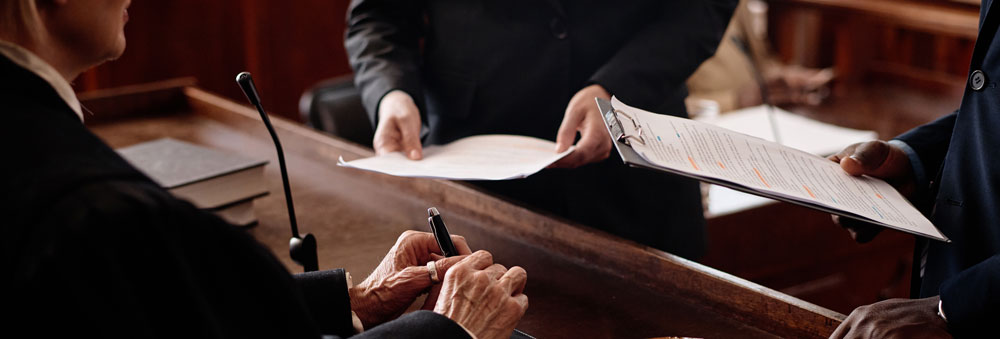


Litigation Law Expertise
At Alketbi, we offer dedicated and qualified representation to clients in both simple and complex cases, ranging from ordinary car accident claims to challenging commercial litigation matters. We are often sought out as trial or appellate attorneys for complicated cases. We prioritize the use of arbitration as a means of avoiding the judiciary in certain situations, such as those related to long-term technology trade and joint ventures, which can have a positive impact on dispute resolution. Reach us; we would be honoured to expertly handle your commercial litigation matters.}
Expert Intellectual Property Protection Services in Dubai
As a specialized litigation law firm in Dubai with over two decades of experience, we have a proven track record of delivering fair and just outcomes. Our team has extensive expertise and experience in advocating cases in Arabic before the UAE court system.

Our deep understanding of the intricate local legal system and strong relationships with relevant authorities set us apart from the competition. This enables us to stay up-to-date with any changes to local laws, ensuring that we provide our clients with the most current and accurate advice. At the heart of our approach is a commitment to providing exceptional client service, and our teams are dedicated to offering regular updates and continuous guidance to our valued clients.
Alketbi’s litigation services ranges from:DIFC Litigation, Construction and engg. , Real estate and leasing, Cyber crimes and financial crimes, Civil, commercial, banking and Insurance litigations.

